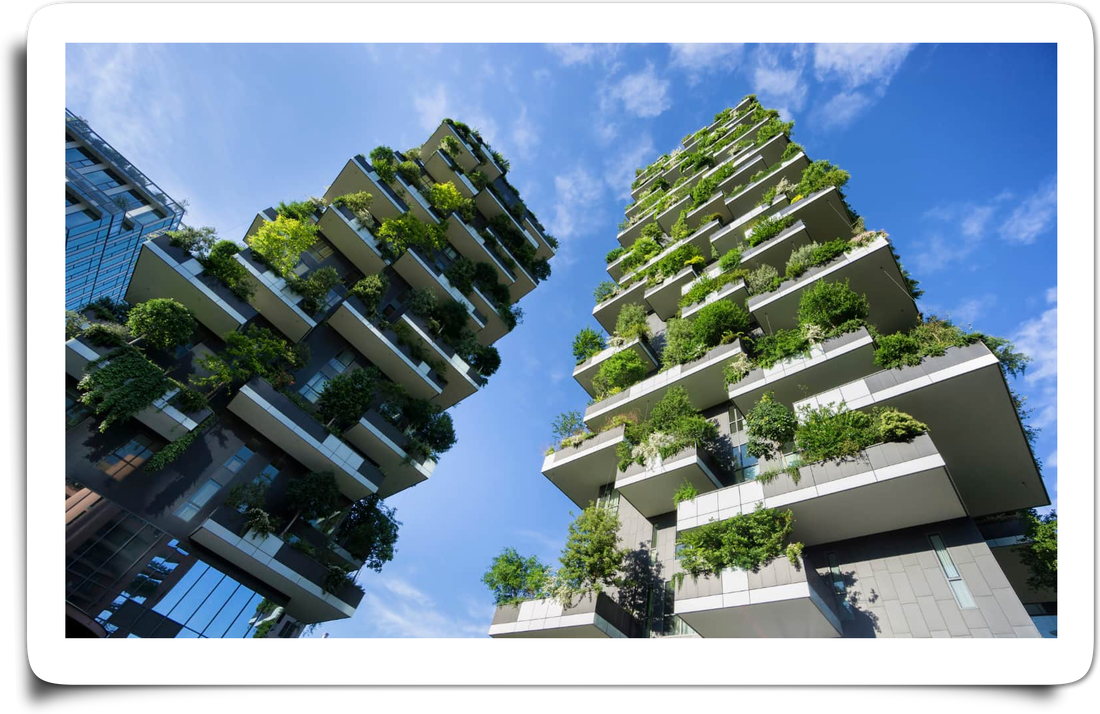|
We all know that industry insiders are usually so myopic that they don’t see the obvious. Uber vs. Taxis. Blockbuster vs. Netflix. Nokia vs. Apple. So who’s the Amazon that is going to disrupt Ag? I am thinking that at least we have an innovative path looking at vertical farming as a small part of the solution especially because of higher yields and a lower environmental impact. What are vertical farms? Basically those are farms that grow crop in vertically stacked layers indoors, optimize plant growth and often incorporate soil-less farming techniques. With climate change and weather out of the equation, and with using state of the art LED lighting tech, vertical farms can produce consistent, high quality yields year-round with minimal waste and lower CO2 emissions compared to traditional farming methods. The aim of indoor vertical farming is to produce more crops while using less space thanks to a controlled environment. Benefits
Drawbacks
Vertical Farming Companies Because of their growing popularity, more and more vertical farms are starting to appear, here a 2 of the biggest in the world. AeroFarms: AeroFarms is one of the most successful vertical farming companies, recording more than $130m in investments since its launch in 2004. The farmer uses its own patented aeroponic technology, which provides higher levels of precision and productivity, with little environmental impact and minor risk. Based in New Jersey, AeroFarms claims its methods use 95% less water than standard arable farming. Bowery Farming: Launched in 2015, Bowery is one of the fastest-growing start-ups in the sector, funded at $140m. Headquartered in New York City, supplies several restaurants, uses zero pesticides and non-genetically modified seeds in its operations. Bowery Farming claims its methods use 95% less water than traditional agriculture and are 100 times more productive on the same amount of land. Let me know what you think!
DM me @philippemora on IG and Twitter My name's phil mora and I blog about the things I love fitness, hacking work, tech and anything holistic.
0 Comments
Leave a Reply. |
Head of Product in Colorado. travel 🚀 work 🌵 weights 🍔 music 💪🏻 rocky mountains, tech and dogs 🐾Categories
All
|


 RSS Feed
RSS Feed